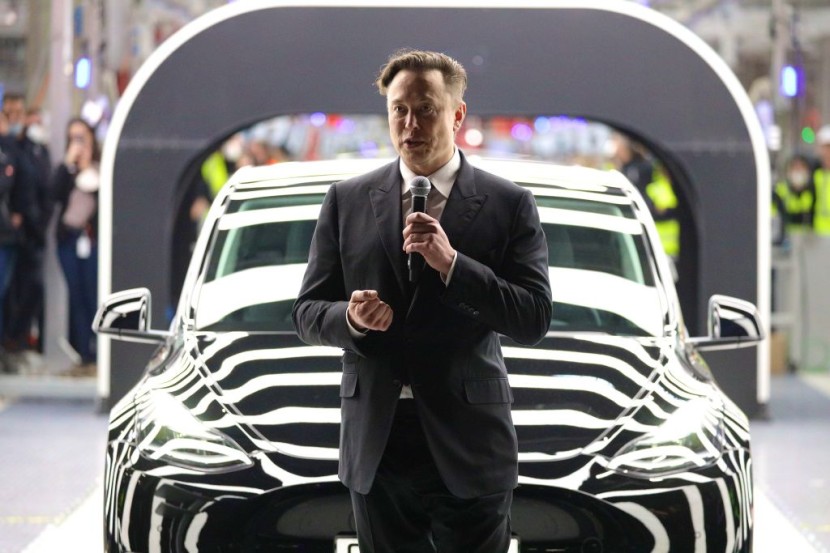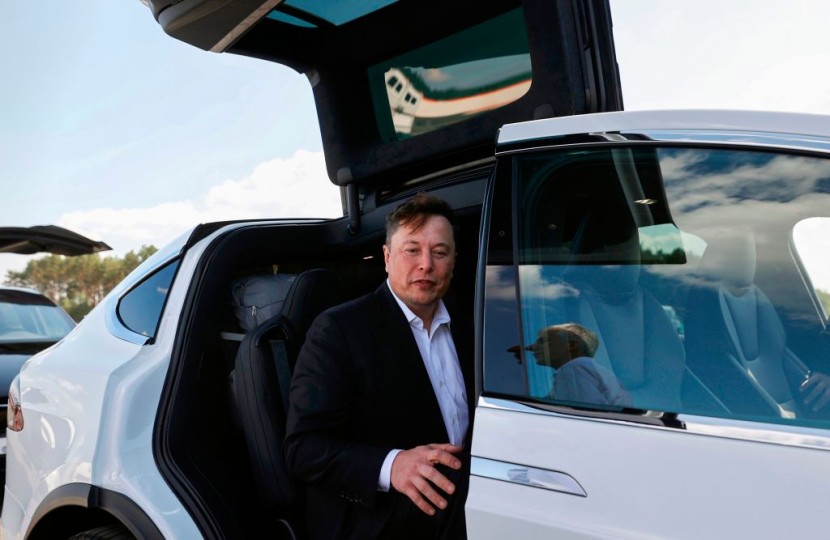
Tesla is now calling for stricter fuel efficiency rules as it tries to maintain its dominance in the EV market.
The American automaker explained that the proposed increase in Corporate Average Fuel Economy (CAFE) car requirements should be adjusted.
But, will the Biden Administration say yes to Tesla's request? Here are the latest details you need to know.
Tesla Calls for Stricter Fuel Efficiency Rules
According to Reuters' latest report, Tesla urged the Biden Administration on Tuesday, Oct. 17, saying that the fuel efficiency standards should be tougher once they are finalized.
The EV maker wants these regulations to be stricter through 2032 compared to what is proposed currently by American regulators.
Tesla's request came after the National Highway Traffic Safety Administration (NHTSA) proposed that CAFE car rules should be raised by 2% for regular vehicles and 4% for trucks and SUVs.
NHTSA explained that these increases could allow the U.S. to reach an average fleet fuel economy of 58 miles per gallon by 2032, as reported by TechCrunch.
However, Tesla argued that these numbers are still low. Instead, the American EV maker wants to increase these CAFE requirements by 6% for regular vehicles and 8% for SUVs and trucks.
Tesla claimed that the percentages it proposes are the best for conserving energy and addressing the worsening climate change.
Aside from this, the car company added that its suggestion would "appropriately recognize the increasing marketplace adoption of BEV technology in both the light-duty and [heavy-duty pickup truck] sectors."
Tesla shared these suggestions in a letter, which also claims that NHTSA's CAFE proposals don't correctly consider the existing and predicted market penetration of electric cars.
Will the Biden Admin Say Yes To Tesla's Request?

As of press time, NHTSA and the Biden Administration haven't made any comment regarding the latest letter from Tesla.
But, before the U.S. government says yes to the EV maker's request, officials should also consider what other automakers have to say.
Previously, the American Automotive Policy Council—the group representing the Detroit Three automakers (General Motors, Ford, and Chrysler)—shared their disappointment regarding the CAFE car requirements increase proposed by NHTSA.
They explained that percentages should be halved since the agency's suggested changes would disproportionately impact their truck fleets, especially those of Ford and Stellantis.
Aside from the Detroit Three carmakers, Volkswagen and other major traditional automakers also heavily criticized NHTSA's CAFE car requirements proposal.








